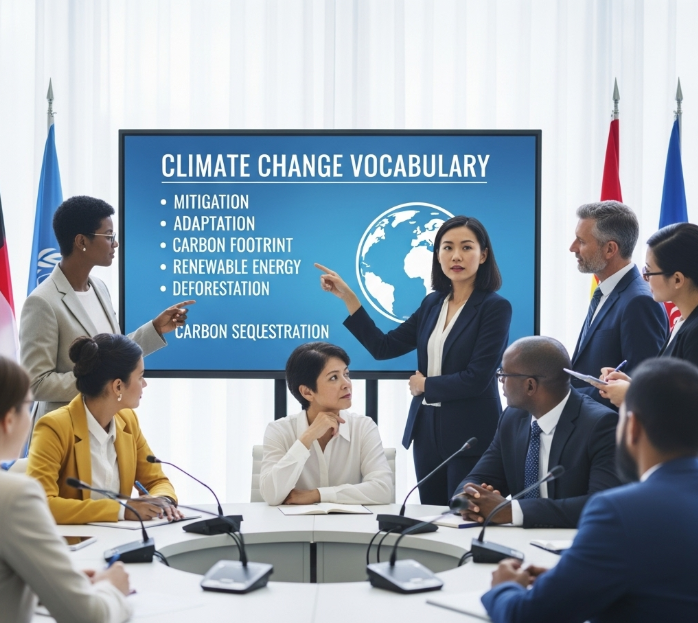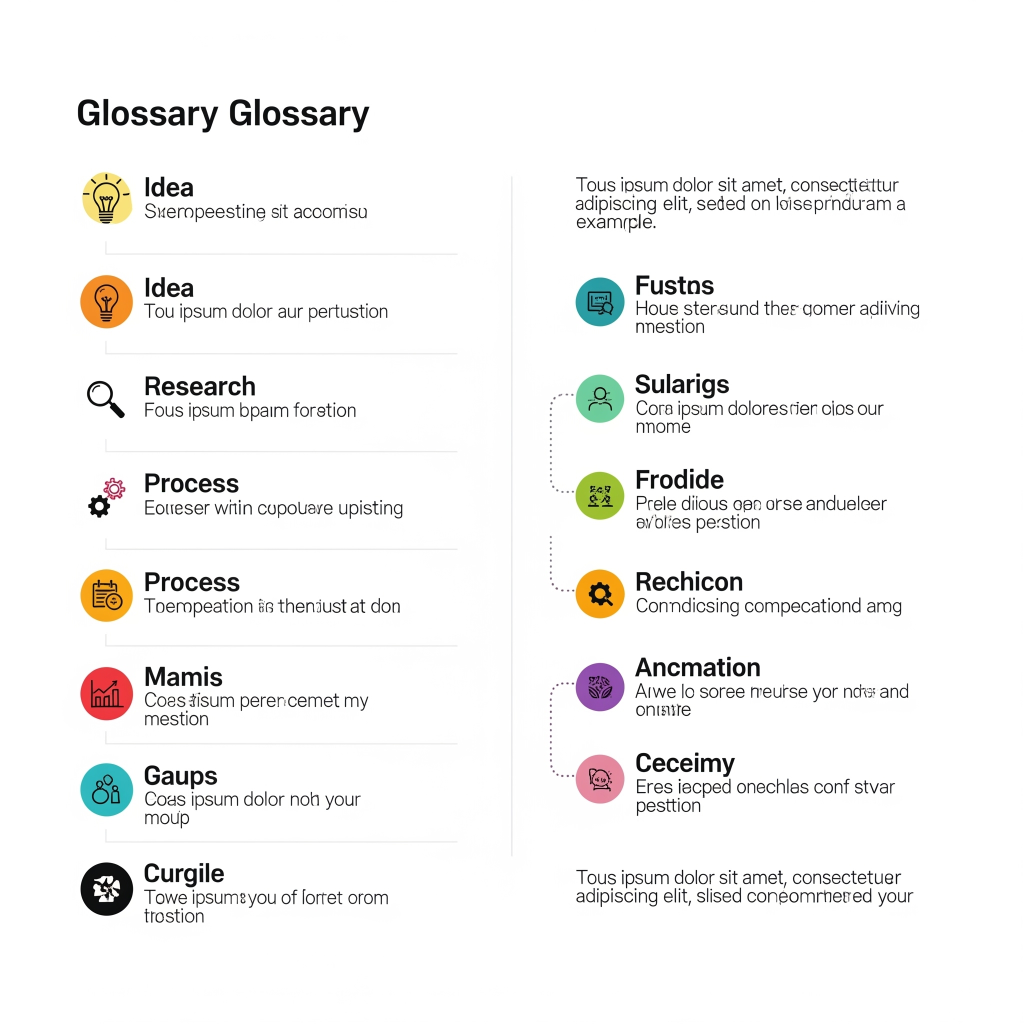Why Learning Green Vocabulary Actually Matters
Let’s be real: climate change, renewable energy, carbon emissions—these aren’t “specialist” topics anymore. They show up everywhere. Politicians argue about them, companies market them, and your friends casually drop them into conversation. If you don’t know the right words, you’re left nodding along.

That’s where English environmental vocabulary comes in. It’s not about memorizing buzzwords—it’s about being able to follow the news, add your opinion in discussions, and sound fluent without sounding fake. If you’re a student, it makes essays sharper. If you’re working in an international company, it makes your presentations more persuasive. And if you’re just an eco-curious human? It helps you connect with a global conversation that actually matters.
By the end of this post, you’ll have a solid green glossary plus some tips on using it naturally.
Why “Green” Vocabulary Isn’t Optional Anymore
Think about it. You could say “the weather is changing”—but that misses the point when people are talking about global warming or climate change. Saying “we need better energy” is vague, while “renewable energy” instantly shows you’re in the loop.
This vocabulary isn’t abstract. It shapes policies, business decisions, and lifestyle trends. The UN has its Sustainable Development Goals. Cities around the world are pledging net-zero emissions. Businesses love to brag about being carbon-neutral. And let’s not forget—sometimes companies just fake it, which is why the term greenwashing exists.
In other words: if you want to sound fluent and relevant, you can’t skip this part of English. It’s just as important as knowing how to use modal verbs or nailing your intonation.
20 Green Terms You’ll Hear Everywhere
Here’s a set of sustainability words that will actually show up in conversations, meetings, and headlines. Think of this as your cheat sheet for sounding both natural and informed.

- Carbon footprint – Total greenhouse gases your actions create.
- I reduced my carbon footprint by biking to work.
- Renewable energy – Power from endless sources like wind or solar.
- Renewable energy is the fastest-growing industry right now.
- Sustainable development – Growth that doesn’t wreck the future.
- The project focuses on sustainable development in rural areas.
- Climate change – Long-term shifts in global weather.
- Climate change has made summers hotter and storms stronger.
- Greenhouse gases – Gases like CO₂ and methane that trap heat.
- Cutting greenhouse gases is key to slowing global warming.
- Recycling – Turning old waste into something new.
- Recycling cans and bottles is a simple daily habit.
- Biodiversity – The variety of species in nature.
- Biodiversity loss threatens entire ecosystems.
- Deforestation – Large-scale destruction of forests.
- Deforestation in the Amazon is a global crisis.
- Fossil fuels – Coal, oil, and natural gas.
- We still rely too heavily on fossil fuels.
- Net-zero – Emitting no more greenhouse gases than you remove.
- The airline pledged to reach net-zero by 2040.
- Circular economy – Reuse instead of waste.
- A circular economy means fewer landfills and smarter design.
- Eco-friendly – Designed to minimize harm.
- They switched to eco-friendly packaging.
- Global warming – Rise in Earth’s average temperature.
- Global warming is melting glaciers at record speed.
- Zero-waste – Lifestyle that avoids producing trash.
- Her kitchen is almost zero-waste, with jars and compost bins.
- Carbon-neutral – Balancing carbon emissions with offsets.
- The company launched a carbon-neutral product line.
- Environmental justice – Fairness in how policies impact communities.
- Environmental justice ensures no group suffers more pollution.
- Sustainability – Maintaining balance for the long run.
- Sustainability has become a core brand message.
- Greenwashing – Fake eco-friendly marketing.
- Critics accused the brand of greenwashing its products.
- Renewable resources – Materials that can regenerate naturally.
- Wood and sunlight are renewable resources.
- Renewable packaging – Packaging that can be reused or composted.
- The café introduced renewable packaging for takeout orders.
👉 Want to see these words in action? Try browsing National Geographic’s climate change section or checking the Cambridge Dictionary environment entries.
How to Actually Use These Words (Without Sounding Robotic)
Here’s the trap: memorizing vocabulary but never using it. The good news? These terms fit easily into real situations.
- In daily talk: Swap general phrases for sharper ones. Instead of “I want to be greener,” try “I’m cutting my carbon footprint.” Short and smart.
- At work: Slip terms into presentations and emails. If you need help polishing tone, our tips on business English emails can help.
- In study or exams: Using precise language like sustainable development or circular economy can boost academic writing. If essays scare you, check our academic writing style guide.
- In practice: Set a weekly challenge. Use at least three of these words in a journal entry, chat, or even on social media.
It’s the same principle we’ve talked about with discourse markers—practice is what turns vocabulary into natural fluency.
Wrapping It Up
Building your English environmental vocabulary isn’t about showing off—it’s about joining one of the biggest conversations of our time. From boardrooms to coffee chats, these words help you sound fluent, aware, and engaged.
So, here’s my challenge for you: pick one word from the list, and use it today. Maybe in an email, maybe in a chat, maybe in a note to yourself. Small steps like that make fluency—and eco-consciousness—real.
And if you’re serious about leveling up your English, keep exploring the FixyGrammar blog. You’ll find guides on everything from paraphrasing to listening strategies.
